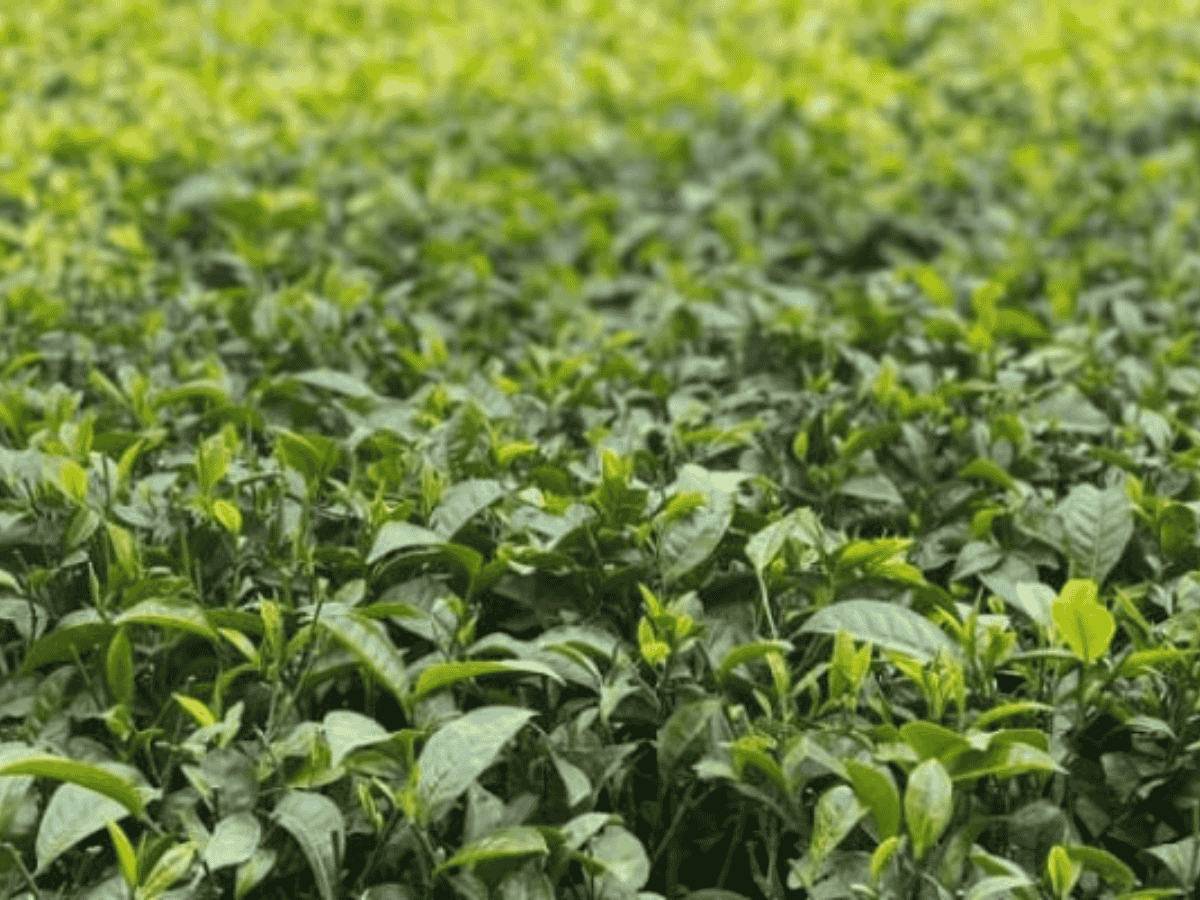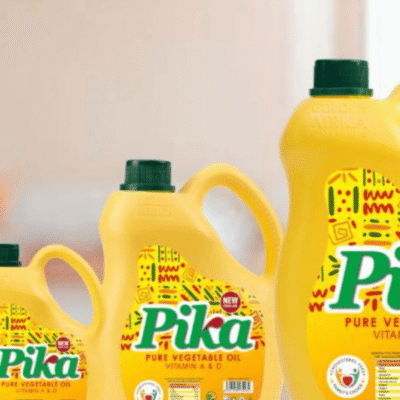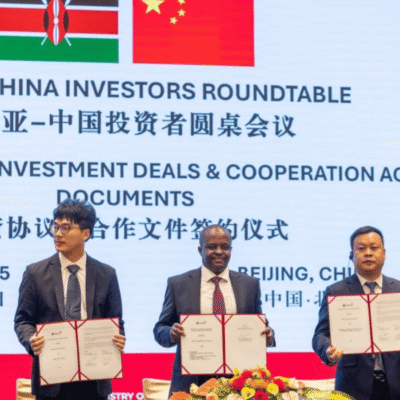KENYA – In a bold policy shift aimed at revamping Kenya’s tea sector, the government has announced the removal of taxes on packaging materials used in tea production.
The move, unveiled by Agriculture and Livestock Development Cabinet Secretary Mutahi Kagwe, is expected to reduce production costs, encourage value addition, and ultimately raise incomes for smallholder farmers.
Speaking during a consultative meeting in Kericho with directors of smallholder tea factories managed by the Kenya Tea Development Agency (KTDA), Kagwe said the tax waiver targets one of the most cost-intensive areas in the value chain—packaging.
The government anticipates that the relief will improve the competitiveness of Kenyan value-added tea in international markets.
“The government is keen on revitalizing the tea sector to boost productivity and raise farmers’ incomes through value addition. In a move aimed at lowering production costs, we have waived taxes on packaging materials,” Kagwe announced.
A formal statement from the Ministry of Agriculture confirmed the development, noting that it forms part of broader sectoral reforms underway in the tea industry.
Reforms targeting direct exports and higher global returns
Kenya’s tea sector, which remains one of the country’s top foreign exchange earners, has long been dominated by bulk exports through the Mombasa Tea Auction. However, recent reforms are paving the way for a new model of trade.
According to Kagwe, all of Kenya’s 142 tea factories will soon be licensed to directly sell and export their products, bypassing traditional auction systems and enabling producers to negotiate better prices.
This transition is seen as part of the country’s strategy to capture more value from its tea exports, particularly in light of growing demand for specialty and orthodox teas in global markets.
Orthodox tea, which is processed using traditional methods and maintains the integrity of tea leaves, is gaining traction among discerning international buyers. Kagwe indicated that Kenya is actively working to reclaim the Iranian orthodox tea market and expand its presence in established destinations such as Pakistan.
Quality control and extension services at the core
CS Kagwe emphasized the importance of quality in the country’s tea export strategy.
He urged farmers to adhere to the standard leaf-picking technique of “two leaves and a bud,” noting that deviating from this standard reduces the quality and price of the final product.
“If you go for three, four, or five leaves, the quality drops significantly and so does the value. Farming is a business, and quality is key,” he stated.
To support farmers in achieving and maintaining high standards, Kagwe revealed an ongoing initiative to train agripreneurs who will conduct farm visits and offer tailored advisory services.
These agripreneurs will focus on soil health, crop management, optimal input use, and post-harvest handling, aiming to bridge knowledge gaps that have hindered value addition and product consistency in the past.
Additionally, the Ministry plans to work with county governments to bolster agricultural extension services. The objective is to ensure that farmers across the country receive updated guidance on emerging technologies, climate-smart practices, and global market trends.
Kericho County aligns with national efforts
Kericho County, a major tea-producing region, is aligning its development agenda with the national tea reform strategy.
Governor Dr. Erick Mutai announced that the county has already removed cess taxes previously imposed on tea farmers and is constructing tea-buying centers to streamline logistics.
Furthermore, road infrastructure leading to tea factories is being upgraded to facilitate the transportation of green leaf to processing sites.
“As a county, we are investing in initiatives that will support the growth and sustainability of the tea industry. These include tea-buying centers and better access roads,” said Governor Mutai during the meeting.
Kenya’s tea export landscape in 2024
In 2024, Kenya’s tea exports generated KES 215 billion (US$1.66B), with KES 181 billion (US$ 1.4B) coming from international sales.
Kenya shipped tea to 96 countries, with Pakistan, Egypt, the United Kingdom, the United Arab Emirates, and Yemen accounting for 81 percent of the exports. Pakistan remained the top buyer, importing over 206 million kilograms worth approximately KES 70 billion (US$541.7M).
The push for value addition and market diversification comes at a time when global consumers are increasingly demanding traceable, sustainably produced tea.
With Kenya now eyeing premium markets and quality-driven trade, the removal of packaging taxes is seen as a timely intervention to unlock new commercial opportunities for tea growers and processors alike.
Crackdown on tea hawking and quality dilution
CS Kagwe also expressed concern over the rise of tea hawking, warning that the practice undermines quality control and compromises Kenya’s brand reputation in global markets.
He indicated that the Ministry would crack down on informal tea trade channels, urging farmers to deliver their produce directly to factories where quality assurance mechanisms are in place.






